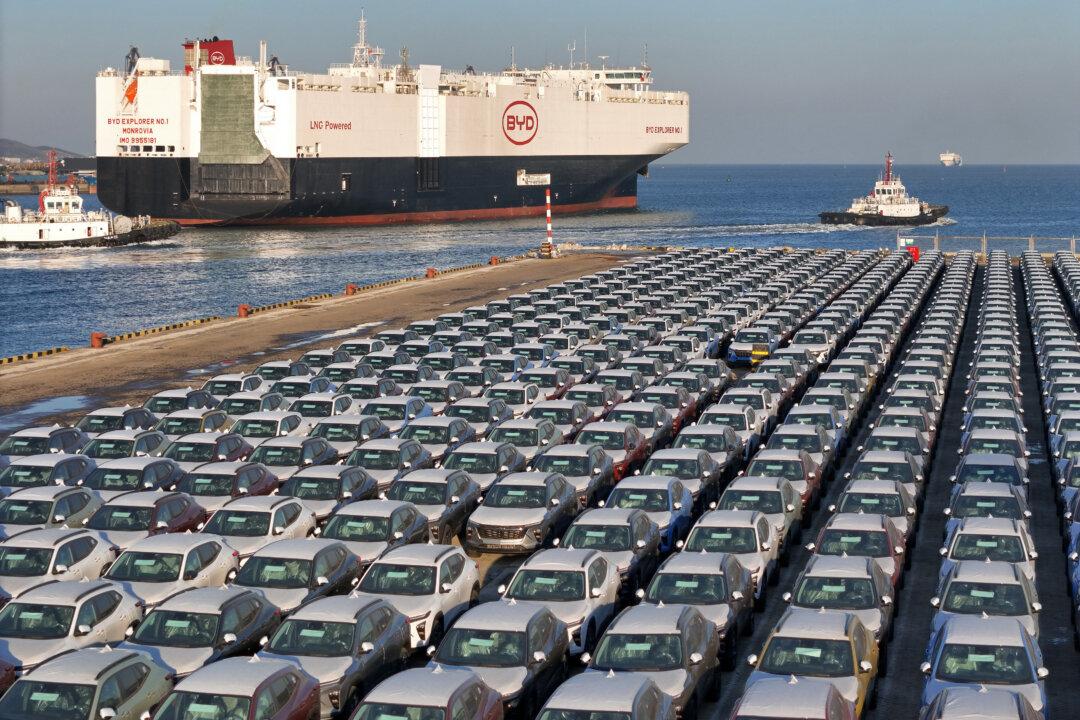The identification of two Chinese citizens as suspects in a December explosion at a Chinese-owned nickel plant on Sulawesi Island that killed over 21 people has shed light on the issue of safety standards and construction quality associated with projects supported by the Chinese Communist Party’s (CCP) Belt and Road Initiative (BRI).
The explosion occurred on Dec. 24 at the PT Indonesian Tsingshan Stainless Steel Company (PT ITSS), China’s Tsingshan Holding Group Company Limited subsidiary. Investigators found that during a maintenance process, flammable and explosive materials were left inside the furnace, leading to the fatal explosion. Reports also suggested that the presence of residual liquid ignited a fire, subsequently triggering nearby oxygen cylinders.
On Feb. 12, Agus Nugroho, the chief of the Sulawesi Provincial Police Department, suggested the cause of the explosion was due to the negligence of the company’s furnace supervisor and deputy supervisor and named them as suspects.
Nickel is a key component of batteries for electric vehicles.
Safety Concerns
In January 2023, an Indonesian labor organization staged a protest citing the mounting safety concerns involving China’s overseas ventures. Protestors demanded better wages and enhanced safety conditions at the PT Gunbuster Nickel Industry (GNI) Company, a subsidiary of China’s Jiangsu Delong Nickel Industry.During the protest, Minggu Bulu, a former GNI Company employee, recounted a series of safety hazards over the past year, including fatal incidents like a motorcycle collision with heavy machinery and a smelting plant explosion.
Less than two months after the protest, three Chinese workers at the Indonesia Morowali Industrial Park (IMIP) lodged complaints with the Indonesian National Human Rights Commission, citing that they suffered deteriorating health conditions due to working seven days a week at the industrial park, inhaling large amounts of dust and smoke without proper safety protective equipment. IMIP is majority-owned by Shanghai Dingxin Investment Group Co., Ltd., with Indonesia’s Bintang Eight Investment Co., Ltd. as a shareholder.
In 2022, IMIP witnessed multiple tragedies, such as a Chinese worker’s fatal accident, being run over by a truck while repairing roads, and an Indonesian man’s death due to a furnace explosion.
The Indonesian Chinese-funded enterprises mentioned above are all part of the BRI.
Concerns Mount Over CCP-Financed Projects Overseas
CCP-financed projects overseas have shown instances of poor quality, with structural deficiencies emerging, raising concerns about the reliability and safety of these ventures.René Ortiz, former Energy Minister of Ecuador, attributes the current challenges to the inferior quality of equipment and components utilized in projects built by China.
Similar issues have surfaced in Pakistan, where the Neelum–Jhelum Hydropower Plant was shut down after officials discovered a tunnel crack jeopardizing its structural stability. The crack was in a tunnel that transports water through mountains to drive turbines.
This large social housing project is on the capital’s outskirts, Luanda. Resident Aida Francisco said, “Our buildings have many cracks.”







